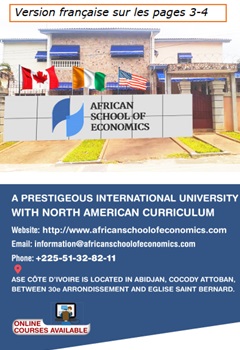In the past decade empirical studies of political economy have become mainstream in political science and economics. Instrumental variables, field experiments and quasi-experiments have become commonplace in both disciplines. An increasing number of political scientists are making a major contribution to scholarship in economics and vice versa. The goal of the Empirical Political Economy Network (EPEN), directed by Prof.Leonard Wantchekon and based in Princeton University (United States), is to contribute to the develop-ment of this emerging field through various forms of academic exchanges and training on an international scale.
EPEN organizes workshops and conferences on a rotating basis on various themes in Africa (Benin), Latin America (Mexico and Brazil) and at Princeton University (U.S.). Workshops and conferences involve students, faculty and researchers from those three continents who share interests in political economy, econometrics and development economics. Conferences include presentation of research papers by students and researchers.
The first set of events was held in 2013 (July 26 – August 15) in Abomey-Calavi, Benin and was hosted by the Institute for Empirical Research in Political Economy, one of the three research centers in the African School of Economics (ASE). “Democracy and Governance” was the theme of this first EPEN Summer School.
In 2014 (May 19-28) the second EPEN Summer School took place in Mexico City and was hosted by the Center for Research and Teaching in Economics (CIDE). The theme was “Empirical Methods in Economic History (click here for more information).
Professor Leonard Wantchekon introduces EPEN

